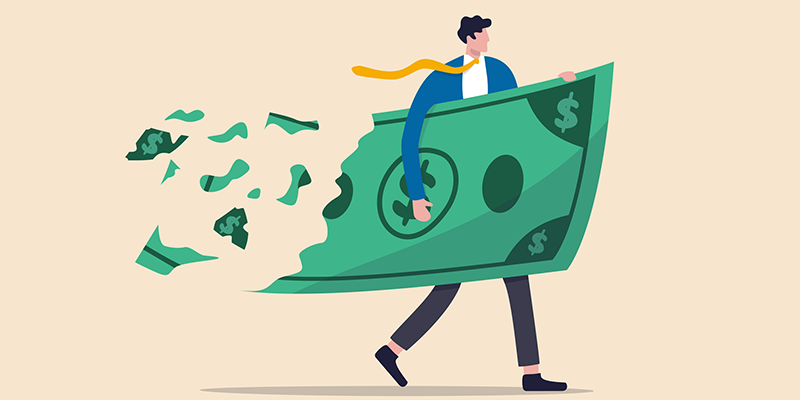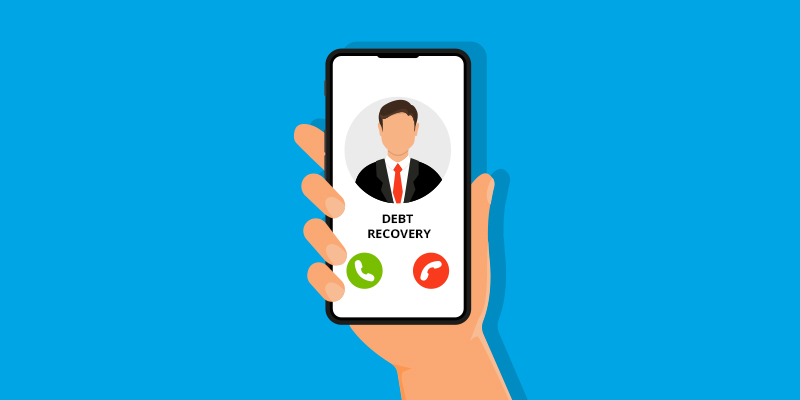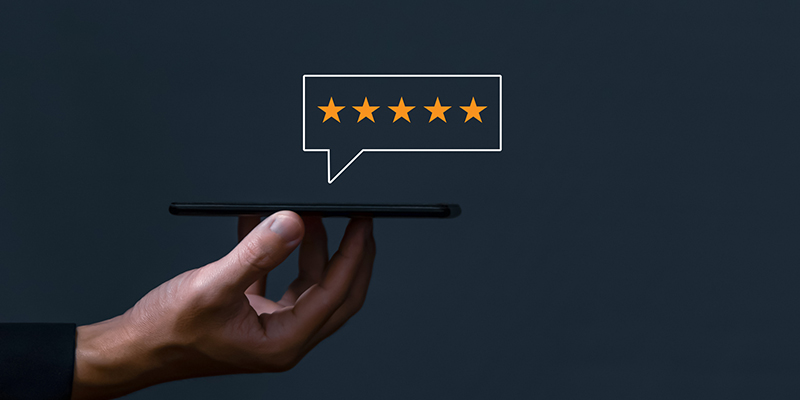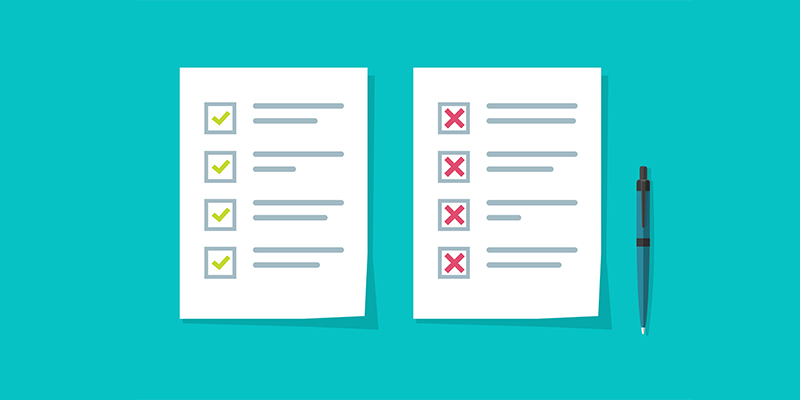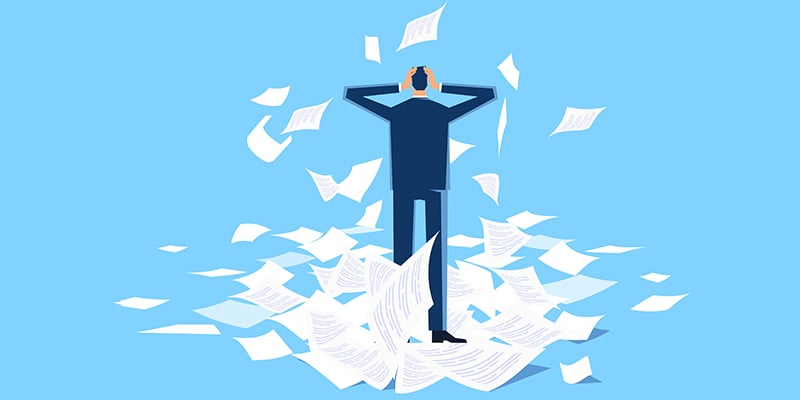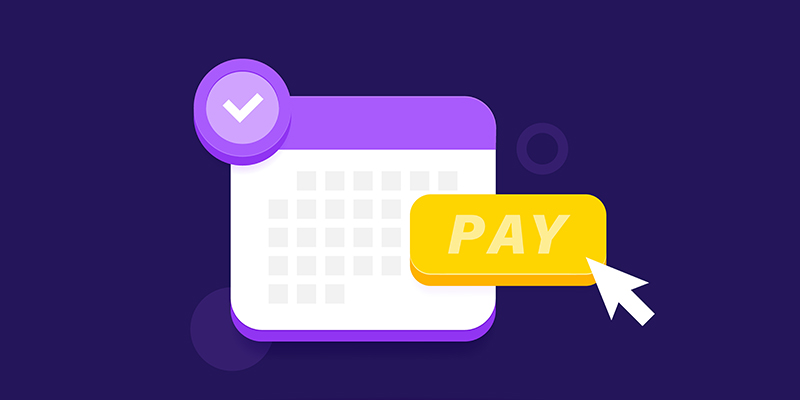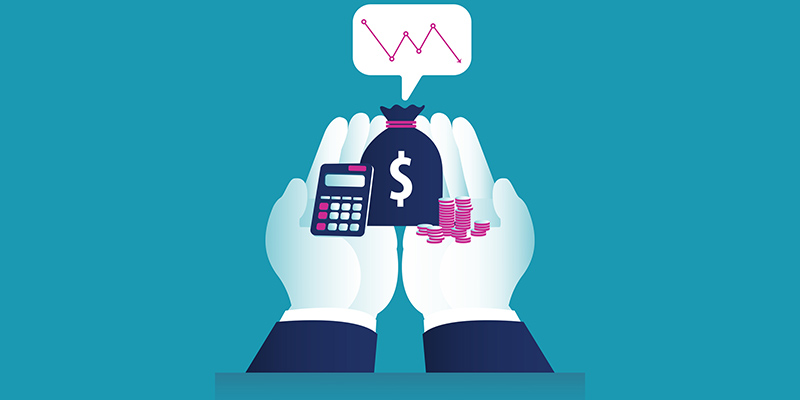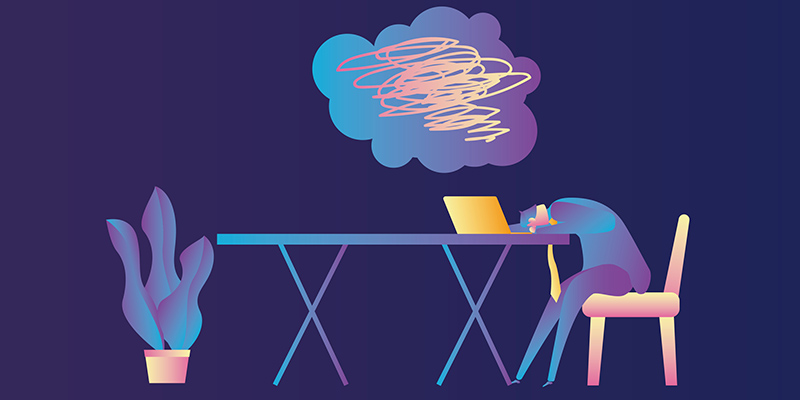If your business is in a situation where goods or services have been provided, but your customer has failed to pay their invoice on time, it's up to your accounts receivable team to follow up. Your A/R department, however, can only do so much to ensure that your business receives the payment it deserves and maintains a healthy cash flow. It's crucial to provide a detailed process for escalating past-due invoices beyond accounts receivable to collections.
B2B (business-to-business) and B2C (business-to-consumer) debt collections are different. Agencies that collect from individuals will use different collection tactics and are subject to harsher regulations than those that collect from businesses. Often these agencies choose to separate consumer collections from commercial collections because the processes vary.
Understanding the difference between collecting debt from a person and a business will help determine the service your business needs.
Nobody likes asking for money - least of all when your clients aren't paying their invoices promptly. Business-to-business debt collections could also impact your relationships with current and potential clients. It's crucial to keep things professional, even when they feel personal, and the missed payments are affecting your bottom line.
Use these tips to protect your business reputation during B2B debt collections.
If you've ever struggled with chronic late-paying clients or are silently seething over invoices that were never paid, you're probably considering commercial debt collection. Of course, you're wondering how much it'll cost and if you have time to research it. You may wonder how to escalate an unpaid debt to a collections agency and if they'll damage your client relationships. Let's tackle some of those questions, shall we?
The Dos and Don'ts of Commercial Debt Collection: What You Need to Know.
When you're growing a business, a late-paying client can be frustrating. You have to dedicate time and resources to figure out what happened and why. You have to pull yourself together enough to have a conversation about money - something that's not easy for many people. The most important thing to remember is that your business fulfilled its part of the deal, and now your client owes your business.
When dealing with late-paying business clients, remember that it's not personal.
Debt collections may not be the most enjoyable part of back office operations, but it's absolutely necessary. Unfortunately, some of your business clients will miss a payment or more due to various reasons. If you've signed an agreement and fulfilled your part, they still owe you.
What happens when business debt goes to collections?
A typical services contract requires a retainer or ongoing payments. Businesses selling software-as-a-service (SaaS), or anything else "as-a-service," rely on monthly or annual fees from subscribers. If those subscribers fail to meet their obligations, their accounts can be sent to collections for recourse.
Non-payer churn is one of many reasons that Saas companies need debt collection services.
As accounts receivable (AR) begin to fall delinquent, your business expenses could fall delinquent as well. With every late-paying client, cash flow for payroll, rent, or other vendors falls short, threatening your company's bottom line and growth. The effectiveness of your accounts receivable department may be one of the most important measurements to determine the success of your business.
Use these tips to efficiently collect AR and get invoices paid faster.
The recent Silicon Valley Bank crisis sent ripples through the world of small businesses, startups, and venture capital. Thankfully, the crisis was mainly thwarted by getting bailed out and addressed by calls for regulation by the Biden administration. But it set enough investors on edge to recognize that it's not the first crisis to affect businesses, and it certainly won't be the last.
Here's how your business can find cash and stay resilient in a crisis.
When you agree to do business with another company, the expectation is that you'll provide goods or services, and they'll pay in a timely manner. Providing the goods or services costs your company in overhead, salaries, expenses, and more. So what happens if your client doesn't pay on time or at all? Is there anything you can do to get paid or prevent late payments?

